detail profile guida maria
Peran Yang Di Mainkan Guida Maria
 He was the most prolific within...
He was the most prolific within...In the Interstices of Reality or The Cinema of António de Macedo 2016
He was the most prolific within the New Portuguese Cinema generation. He would try western spaghetti, esoteric allegory, supernatural, and science-fiction. Without state subsidies, he would quit filmmaking in the 1990s. Who remembers António de Macedo?
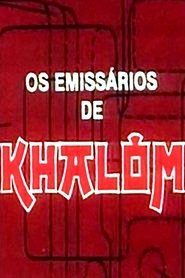 End of the 20th century A...
End of the 20th century A...The Emissaries of Khalom 1988
End of the 20th century. A group of scientists executes a project aiming to prevent a nuclear war with the planet Khalom. From their experimental project, involving manipulating events in the past, two mysterious human creatures travel between the present and the 19th century, and back - getting in love with four different persons.
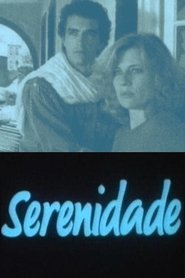 Lus Medeiros Azorean painter meets two...
Lus Medeiros Azorean painter meets two...Serenity 1987
Luís Medeiros, Azorean painter, meets two odd characters in an exhibit in Lisbon: Inês, a charming woman, and Ed, a sneaky man. The two reveal to have with them a precious document that might be threatening to Luís. He brings them back home but his serenity is over due to an unexpected chain of events.
 Jos Pereira a young medical graduate...
Jos Pereira a young medical graduate...O Vestido Cor de Fogo 1985
José Pereira, a young medical graduate, meets a young and ardent Maria Eugénia. The time is the eve of the Portuguese Revolution, on 24th April 1974 and only a short time elapses between courtship and marriage. The young pair are very much in love, but José begins to have doubts about the "honesty" of such intense feelings of love, feelings which are too intense (or hot) to him . If Maria Eugénia is like this with him, will she be the same with other men?In the meantime, the Revolution takes its course. José, who previously had been persecuted because of his opposition against the old regime, now feels "left behind" and frustrated.
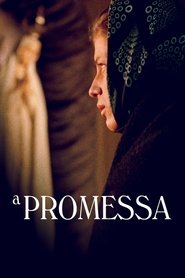 The gritty lives of Portuguese villagers...
The gritty lives of Portuguese villagers...The Vows 1973
The gritty lives of Portuguese villagers are shown in this action drama which shows the interaction between a married couple who have taken an unusual vow of celibacy and a gang of gypsies who are terrorizing their village. The film highlights many ancient religious traditions still current in these regions, as the villagers, devout Catholics, support the gypsy con-men by buying religious relics from them.
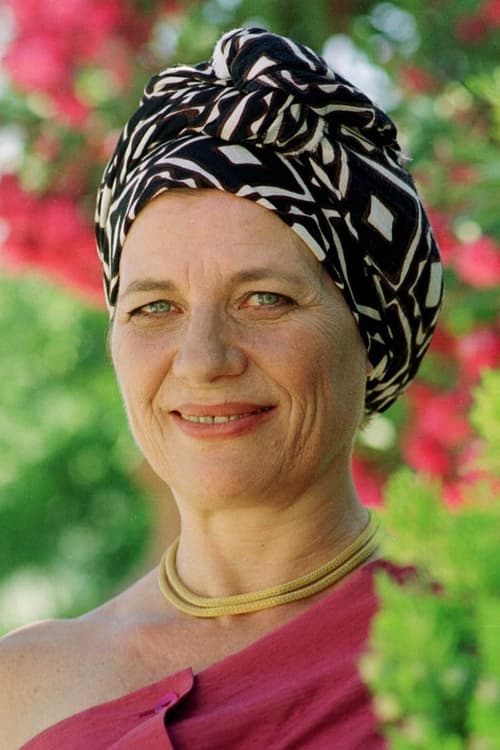
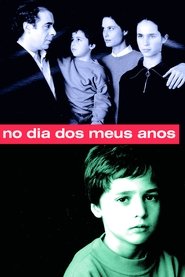 This Portuguese movie directed by Joo...
This Portuguese movie directed by Joo...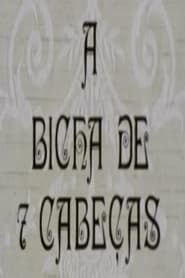
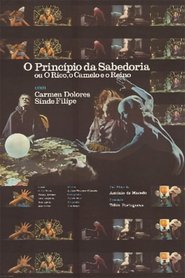 In the gardens of a large...
In the gardens of a large...